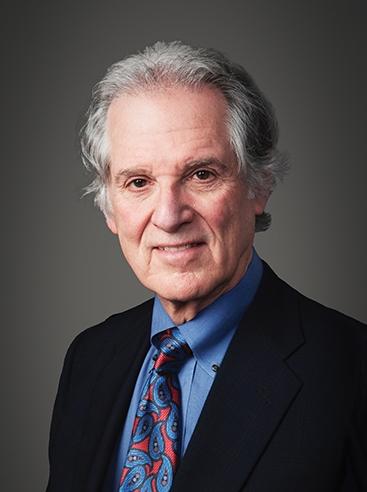I knew Chlorambucil use for CLL dated back to the 1950's but I hadn't appreciated that was also the case for cyclophosphamide, (the 'C' in FCR). It took until the early 90's before Fludarabine, the 'F' in FCR joined, then Rituximab (the 'R') just over 20 years ago, started the long reign of FCR as the gold standard, a title it still holds in far too many countries. Against that backdrop, you begin to appreciate the explosion of treatment options that have become available to us in the last 5 to 10 years. I've tried to document them in this post healthunlocked.com/cllsuppo... and a couple of replies, but the 7,000 character limit on posts and replies means I can no longer edit them, so I've had to reply to my replies! Such is the rate of progress in CLL treatments of late  .
.
The referenced article by Dr Bruce Cheson, was commissioned by Chinese Clinical Oncology and who better to tell it! In addition to being the author of the 1988 publication that evolved into the iwCLL guidelines for diagnosis, indications for treatment, response assessment, and supportive management of CLL to which Dr Cheson has also contributed since its inception, per ccbdmd.com/about-us/your-ph... "From 2002-2020 Dr. Cheson was Head of Hematology at Medstar Georgetown University Hospital, Lombardi Comprehensive Cancer Center. Additionally, he has more than 40 years’ experience in academics focusing primarily on lymphoid malignancies and is a Scientific Advisor to the Lymphoma Research Foundation."
Slaying the real giants in the war on chronic lymphocytic leukemia
Bruce D. Cheson
Lymphoma Research Foundation, New York, NY, USA
cco.amegroups.com/article/v...
Per the title of his article, Dr Cheson asks many questions still needing to be researched, so there's no shortage of breakthrough opportunities to uncover, which we can volunteer to support through our participation in clinical trials. With regard to his statement "A recent decision by the US Food and Drug Administration virtually obliterated the entire class of PI3Ki in lymphoma and CLL (28), leaving a vacuum beyond BTKi and BCL-2 inhibition. Based on the demise of the U2 regimen (umbralisib-ublituximab) (29), a highly effective, but indefinite treatment brought about by deaths from COVID-19, and even the increase in COVID-19 related events in the present study, new time limited strategies need to be developed with retreatment upon progression. Intermittent dosing schedules should be considered. The risk-benefit ratio of adding multiple cycles of anti-CD20 antibodies also needs to be taken into account."
CLL research specialists are well aware of this "vacuum beyond BTKi and BCL-2 inhibition" and research is continuing into how modified use of PI3Ki drugs, such as intermittent dosing, can again gain the approval of the FDA for the use of later generation PI3Ki drugs such as duvelisib, umbralisib and zandelisib, now that idelalisib use is no longer approved. There are currently 316 trials for CLL registered on ClinicalTrials in the recruiting and not yet recruiting phases: clinicaltrials.gov/ct2/resu...
There may be a trial available to you not registered with the US based Clinical Trials website, though this site is used worldwide.
Thanks to my co-admin CLLerinOz for sharing Dr Cheson's article with me.
This is an unlocked post, so that those newly diagnosed, those facing further treatment, or struggling with living with their CLL, can find our community.
Addendum: iwCLL guidelines for diagnosis, indications for treatment, response assessment, and supportive management of CLL: ashpublications.org/blood/a...
(This is the 2018 update, still current in December 2022)
Neil
